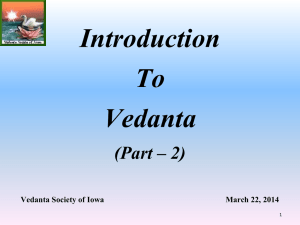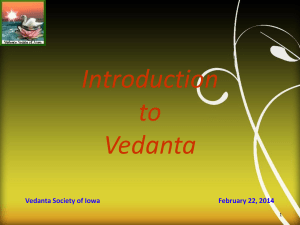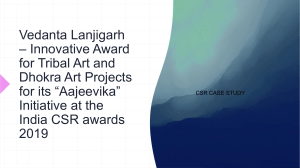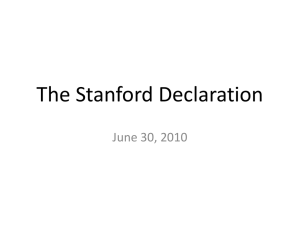Category: Obligation to Facilitate Public Participation in
advertisement
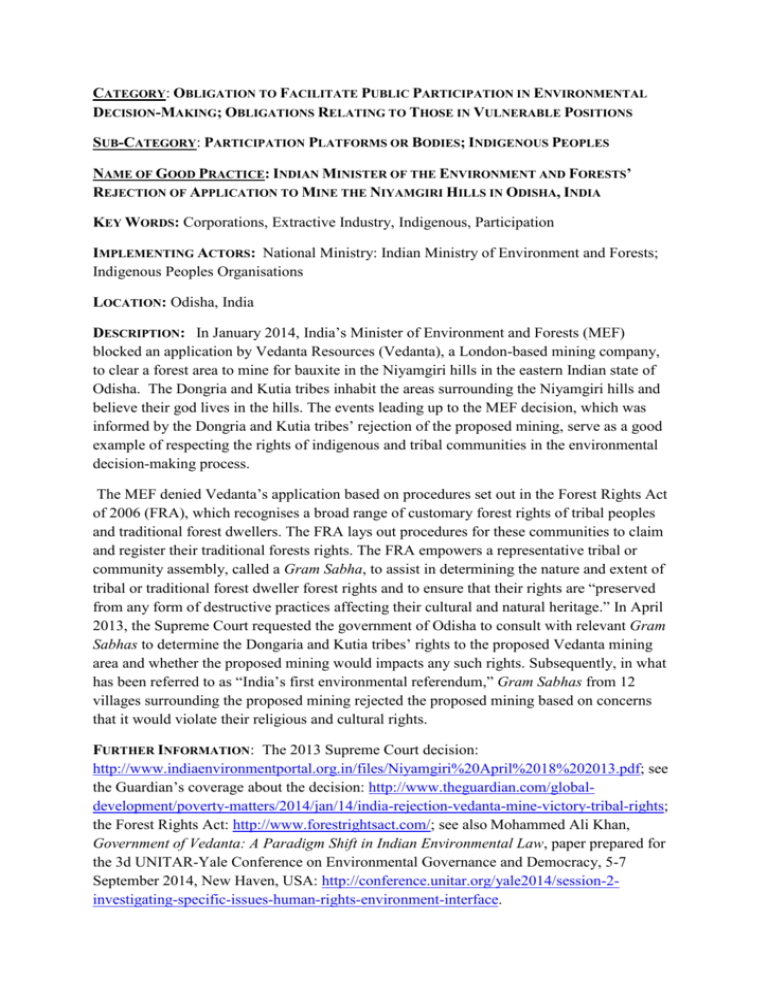
CATEGORY: OBLIGATION TO FACILITATE PUBLIC PARTICIPATION IN ENVIRONMENTAL DECISION-MAKING; OBLIGATIONS RELATING TO THOSE IN VULNERABLE POSITIONS SUB-CATEGORY: PARTICIPATION PLATFORMS OR BODIES; INDIGENOUS PEOPLES NAME OF GOOD PRACTICE: INDIAN MINISTER OF THE ENVIRONMENT AND FORESTS’ REJECTION OF APPLICATION TO MINE THE NIYAMGIRI HILLS IN ODISHA, INDIA KEY WORDS: Corporations, Extractive Industry, Indigenous, Participation IMPLEMENTING ACTORS: National Ministry: Indian Ministry of Environment and Forests; Indigenous Peoples Organisations LOCATION: Odisha, India DESCRIPTION: In January 2014, India’s Minister of Environment and Forests (MEF) blocked an application by Vedanta Resources (Vedanta), a London-based mining company, to clear a forest area to mine for bauxite in the Niyamgiri hills in the eastern Indian state of Odisha. The Dongria and Kutia tribes inhabit the areas surrounding the Niyamgiri hills and believe their god lives in the hills. The events leading up to the MEF decision, which was informed by the Dongria and Kutia tribes’ rejection of the proposed mining, serve as a good example of respecting the rights of indigenous and tribal communities in the environmental decision-making process. The MEF denied Vedanta’s application based on procedures set out in the Forest Rights Act of 2006 (FRA), which recognises a broad range of customary forest rights of tribal peoples and traditional forest dwellers. The FRA lays out procedures for these communities to claim and register their traditional forests rights. The FRA empowers a representative tribal or community assembly, called a Gram Sabha, to assist in determining the nature and extent of tribal or traditional forest dweller forest rights and to ensure that their rights are “preserved from any form of destructive practices affecting their cultural and natural heritage.” In April 2013, the Supreme Court requested the government of Odisha to consult with relevant Gram Sabhas to determine the Dongaria and Kutia tribes’ rights to the proposed Vedanta mining area and whether the proposed mining would impacts any such rights. Subsequently, in what has been referred to as “India’s first environmental referendum,” Gram Sabhas from 12 villages surrounding the proposed mining rejected the proposed mining based on concerns that it would violate their religious and cultural rights. FURTHER INFORMATION: The 2013 Supreme Court decision: http://www.indiaenvironmentportal.org.in/files/Niyamgiri%20April%2018%202013.pdf; see the Guardian’s coverage about the decision: http://www.theguardian.com/globaldevelopment/poverty-matters/2014/jan/14/india-rejection-vedanta-mine-victory-tribal-rights; the Forest Rights Act: http://www.forestrightsact.com/; see also Mohammed Ali Khan, Government of Vedanta: A Paradigm Shift in Indian Environmental Law, paper prepared for the 3d UNITAR-Yale Conference on Environmental Governance and Democracy, 5-7 September 2014, New Haven, USA: http://conference.unitar.org/yale2014/session-2investigating-specific-issues-human-rights-environment-interface.
